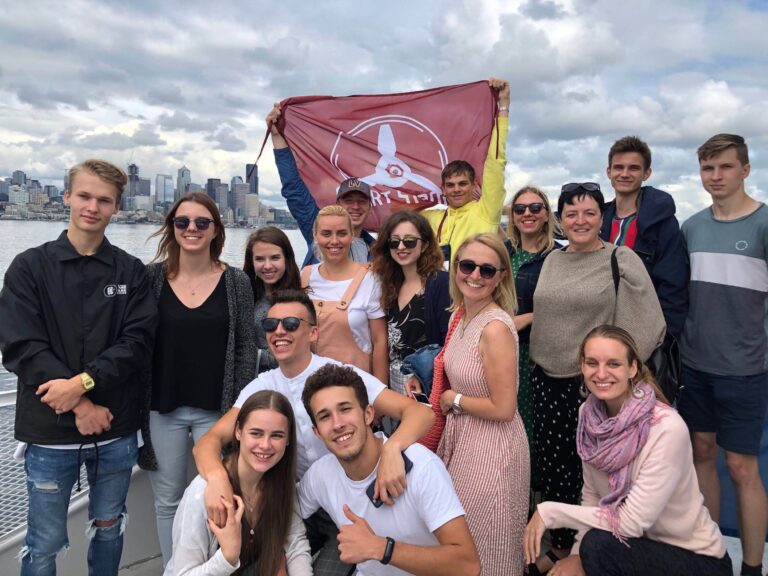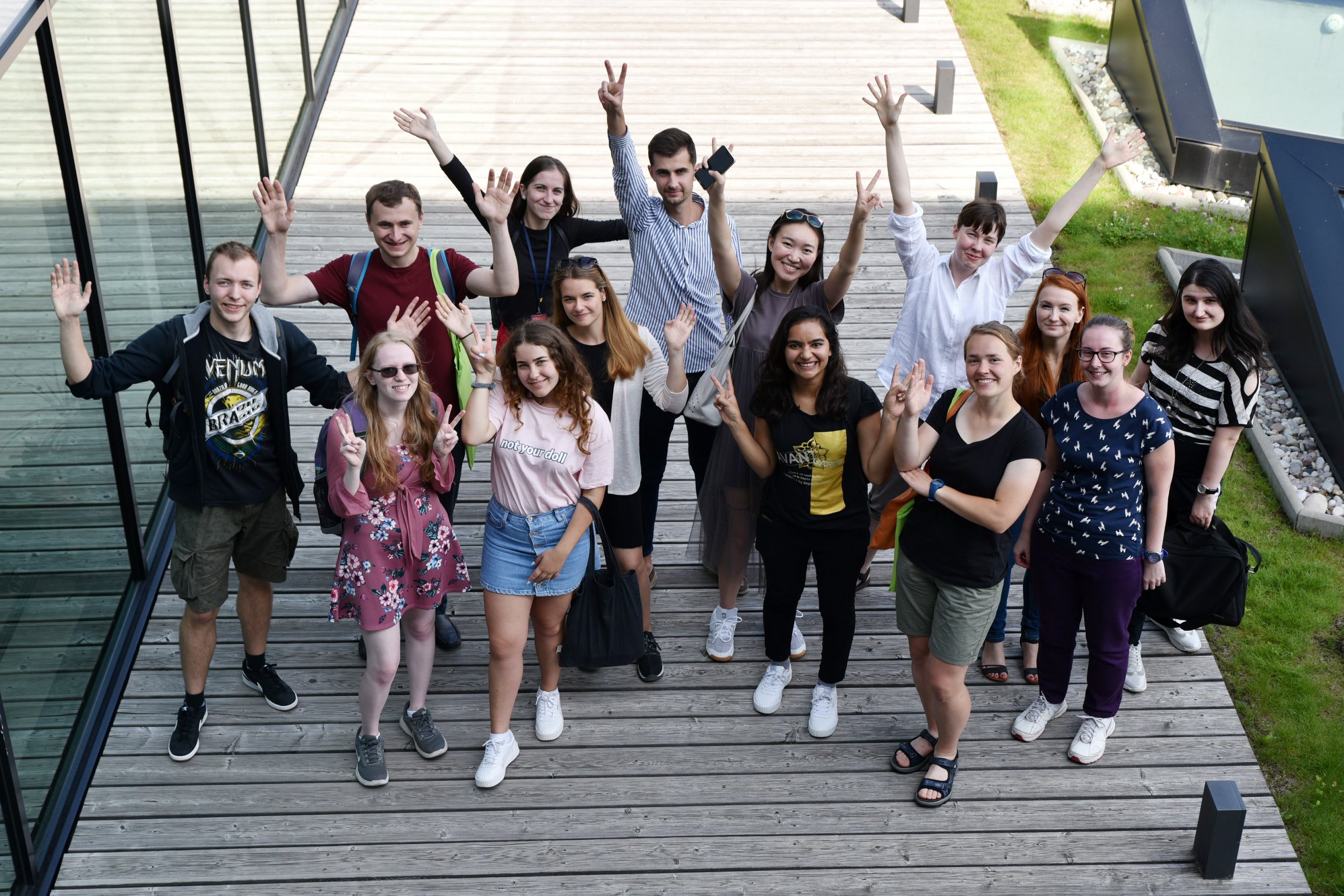Due to a severe labor shortage in a number of industries, Lithuania’s government
has decided to modify its foreign worker regulations for 2025. An outline of the
present state of affairs, available visas, and in-demand occupations is provided
below:
Adjustments to Quotas and Labor Shortages
The Lithuanian government has established a quota of 24,830 foreign workers
for 2025, which is lower than prior years, in order to alleviate the labor shortfall.
Options for Foreign Workers to Get Visas
1. There are various visa alternatives available to non-EU/EEA nationals
looking for work in Lithuania.
2. The EU Blue Card is intended for highly qualified individuals who possessa significant amount of work experience or a higher education degree.
Benefits include family reunification and expedited residency.
3. Non-EU nationals who receive a job offer from a Lithuanian employer may
apply for a Temporary Residence Permit for Employment, which permits
them to reside and work in Lithuania for a maximum of two years with the
option to extend.
4. Seasonal Work Visa: Good for short-term jobs in industries like tourism or
agriculture, this visa is good for up to six months in a year.
5. ICT, or intra-company transfer Visas are available for one year for trainees
and up to three years for specialists, allowing workers from global
corporations to shift to a Lithuanian office.


Jobs in Demand in 2025
1. In Lithuania, there are severe shortages in a number of professions:
2. Demand for welders is high because of infrastructure initiatives.
3. Workers in metal construction are crucial to the development of
infrastructure and commercial buildings.
4. In manufacturing, machine operators were required to oversee intricate
machinery.
5. Drivers of long-haul trucks are essential to European logistics and
transportation.
6. A vital component of many building projects are general construction
workers.
7. Locksmiths and assemblers are crucial in the maintenance and production
industries.
8. The growing tech sector has led to an increase in demand for IT
specialists.
9. Civil and mechanical engineers are among the many areas that require
engineers.
10. It was necessary for healthcare professionals to handle the needs of an
aging population.
Aspects of Living Expenses
Prospective employees should be informed about Lithuania’s cost of living. The
projected monthly expenses for a single person, without including rent, are
approximately €745, as of 2024. While rent for a one-bedroom apartment outside
of the city center is about €450 per month, it averages €625 in the city center.




